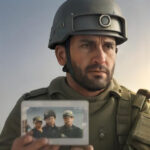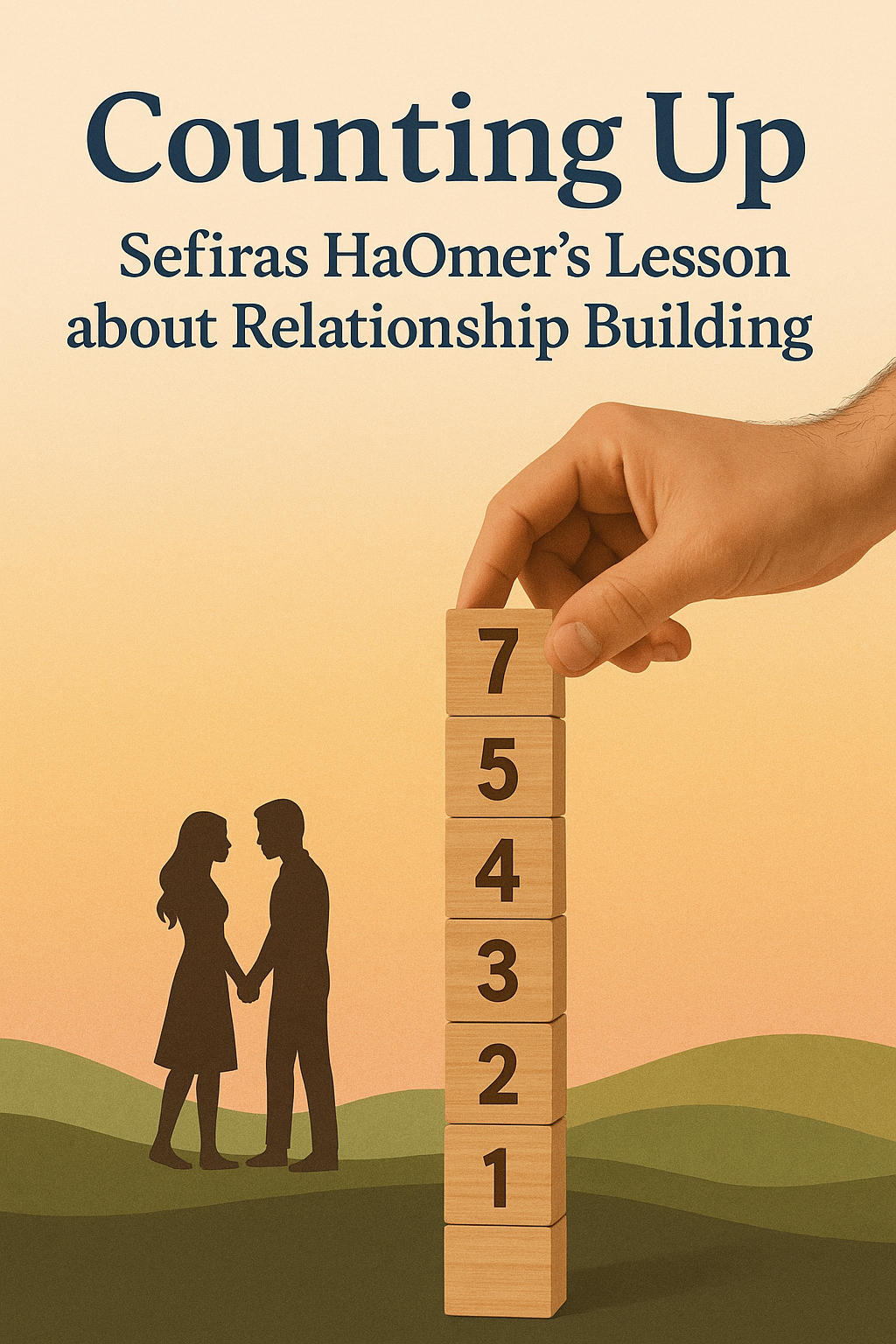What is The Obsession With “Relationship Readiness”?
“Relationship Ready”—a phrase as rampant as it is elusive. From viral quizzes to countless articles, the quest to determine our readiness for love captivates millions. In a recent survey I conducted with a few dozen young adults about what they would like to know more about in the realm of relationships, over 70% (23/30) identified “how to know if I’m ready for a relationship” as one of their top interests, more than any other option I had offered.
So what is this fixation on being “ready”? Perhaps we have been conditioned to believe that personal growth and development must precede partnership—after all, how can you know what you want if you’re unsure of who you are? Sounds reasonable. And yet, the phrase “relationship readiness” is a modern one, exploding only around the last few decades as a cultural fascination.
Once upon a time, relationships were seen as crucibles of growth, where discovery unfolded through shared experiences rather than solitary introspection. All relationships- irrespective of romance or even health, will by definition involve personal growth, and will be where you uncover your strengths, weaknesses, and preferences. It’s in the dance of interaction, the ebb and flow of emotions, that we truly learn about ourselves and our readiness for deeper connections.
Sure, it’s possible to be not ready—such as having histories of being unable to prioritize others’ needs or maintain healthy connections. Yet, the criteria often touted online—like self-love mastery or unyielding emotional availability—oversimplify a nuanced reality.
Take, for instance, the apparent prerequisite to “be happy with who you are.” While tying your happiness and confidence to the validation of a partner is dangerous, I don’t know a single person who has successfully rid themselves of every insecurity. And positive feedback and validation from a supportive partner can be fruitful in the self-acceptance department. Self-acceptance should be something we work on, but like the next most popular bit of advice—“effective communication”—it isn’t a fixed skill, but a journey of learning and adaptation.
Similarly, “emotional availability” deepens with trust, evolving over time rather than being a prerequisite set in stone. I would hardly diagnose someone who can’t immediately imagine becoming totally vulnerable with a first date as “emotionally unavailable,” even if that feeling persists a bit further into the relationship. For many, emotional availability runs parallel to emotional intimacy, so assessing this while still single is futile.
Another popular one, “knowing your boundaries,” is indeed important. But it is not more important than reminding yourself that boundaries will and should shift and evolve as trust and intimacy grow. What remains truly constant is the need for thoughtful negotiation and mutual respect.
Finally, the “you must be able to clearly articulate your values and goals.” This is true; any mature individual, irrespective of considering a relationship, should be attempting this. Have your non-negotiables, but leave room for the rest of your goals and values to be impacted by someone else’s presence in your life. Someone who is worthy of your respect and admiration, who causes you to reconsider things you may have once felt were black and white. These lists are helpful, but write them in pencil, not in pen. Relationships often reveal new dimensions of ourselves; be prepared for your priorities and values to shift.
Consider driving. Like a relationship, the capabilities of the person (or two) in the driver’s seat will make driving either life-changing or cataclysmic. While no metaphor can truly reflect the emotional complexity of relationships, much like driving, relationships are a skill. Refusing to get into the driver’s seat until we can be promised that we won’t crash won’t make us better drivers, but it will ensure we will never be any closer to that coveted “readiness”.
Readiness for a relationship isn’t a static state achieved through checkboxes; it’s a dynamic process of self-discovery and mutual exploration. While it’s wise to prepare oneself for the journey of love, let’s not forget that the journey itself holds the potential to shape and refine us. Embrace the unknown, invite growth, and allow the relationships in your life to teach you as much as you teach yourself.
What if “readiness” is less about establishing the things about you that you insist won’t change and more about opening yourself up to the possibility that parts of you should and will? Consider the transformative power a healthy relationship has the potential to bestow. Even in the messier side of relationships- it is often there that we find the most profound insights about ourselves and our capacity to love.
Instead of focusing on achieving perfection before love, what if we embraced the journey of becoming, together?





